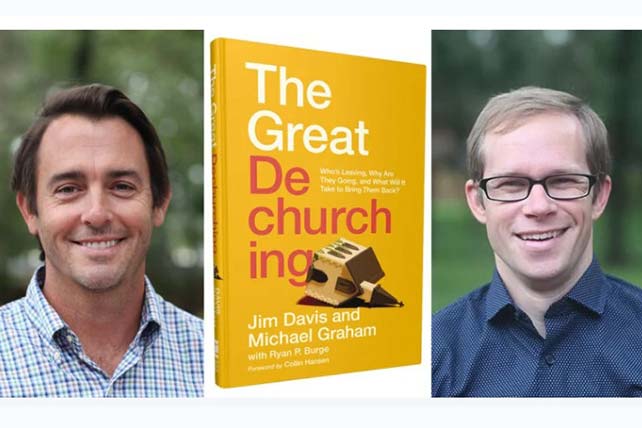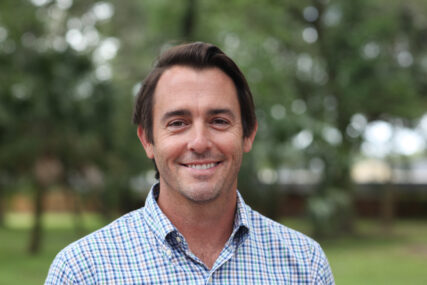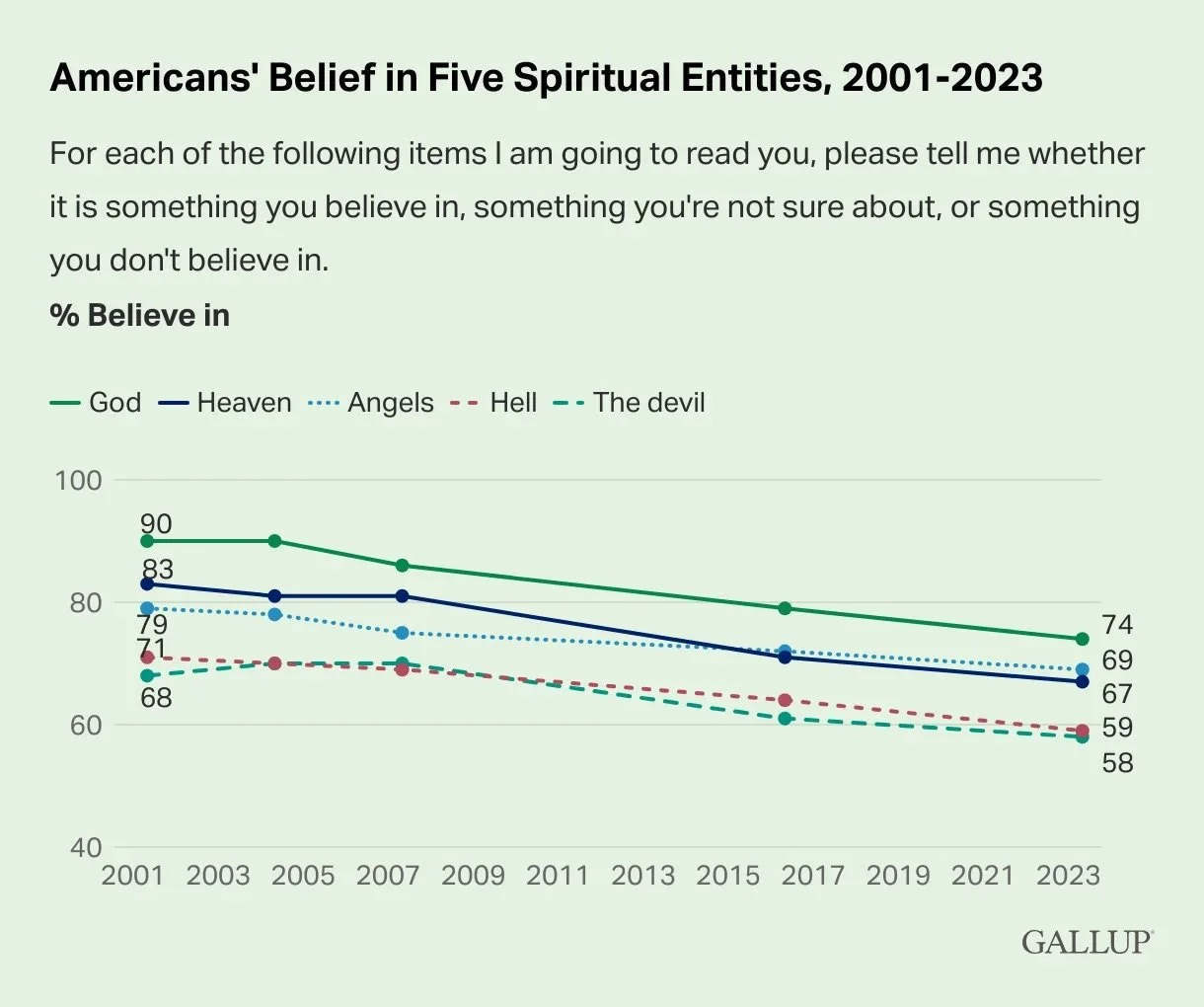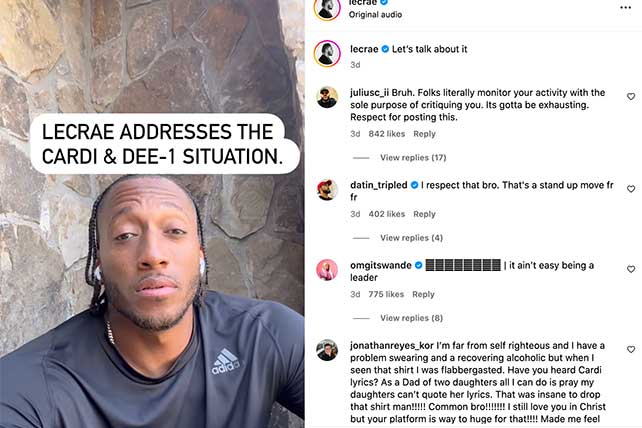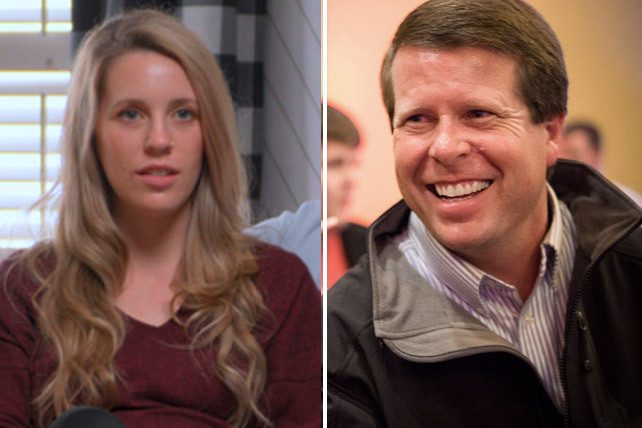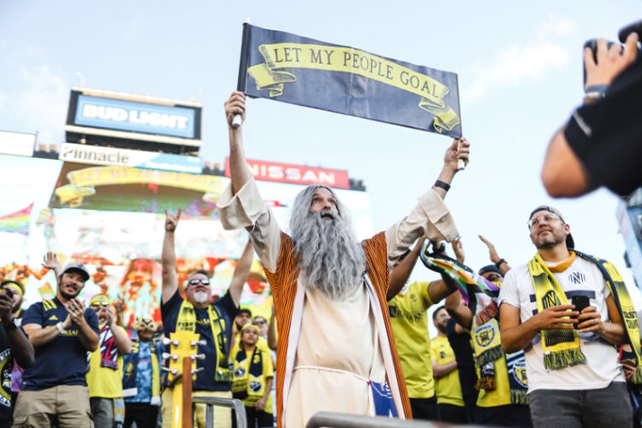The Psalm That Launched Charles Wesley on His Mission
Born prematurely in 1707, Charles Wesley was the 18th child of Samuel and Susannah Wesley. For weeks they were not sure if he would live or die, as eight of his siblings had done. As his mother prayed for him Charles grew healthy and strong. Early in life, it became evident that he had a gift for languages. His mother taught him Latin, Greek, and French, for six hours a day, until he was old enough to go to school. He attended a school where only Latin was allowed to be spoken in public.
At Oxford University, where he studied for nine years, he was so appalled by the spiritual torpor of the school, that he and his brother John founded a club of earnest students who would pray for Oxford and who would endeavor to live fastidiously holy lives. The club was dubbed the Holy Club, and helped rope in a young, poor, squint but zealous student by the name of George Whitefield.
John and Charles both felt their sin keenly. As hard as Charles tried to be holy he always felt like he was falling short of the standard God set. He believed he was intermittently falling out of God’s favor and losing his salvation. It wasn’t until after he was ordained as a preacher and was commissioned as a missionary to the American colony of Georgia, that he began to understand grace by faith alone.
For Charles the conversion came in May 1738 while listening to a psalm being sung. He was deeply stirred. Then later, while reading Martin Luther’s commentary on Galatians, Charles wrote in his journal of that experience:
“I labored, waited, and prayed to feel ‘who loved me, and gave himself for me.’ …I now found myself at peace with God, and rejoice in hope of loving Christ.”
The psalm he heard was Psalm 130.
THE PSALMIST CRIES OUT TO GOD IN 4 SINCERE STAGES THAT WE CAN MIMIC
1. CRY OF CONSTERNATION
Psalm 130:1-2 Out of the depths I cry to you, O Lord! O Lord, hear my voice! Let your ears be attentive to the voice of my pleas for mercy!
Do you ever feel like you are in a pit?
Most Christians can testify to moments in their Christian walk when they feel pitiful… like they are in a pit. But this particular pit is not the cave of betrayal, nor the vale of grief, nor the pothole of disappointment. No, this is the abyss of the Psalmist’s debauchery—the swampy mire of his own sin.
We know this because in verse 2 he cries out for mercy and in verse 3 he confesses his iniquity.
There are many pitfalls on our way that leave our mood sprained and rob us of joy. Sometimes health trials, relationship struggles, anxieties about the future, or concerns about our children can waylay our joy and drag us into the valleys of sadness. But there is no deeper, darker dungeon than the pit into which our own sin pulls us.
When we are suffering a trial that fell our way, we turn reflexively to God. But when the trial is of our own doing, a self-inflicted consequence brought on by our sinful folly and rebellion, then matters are made worse because we feel like we can’t turn to God. You may flagellate yourself with thoughts of… “If I had obeyed God I wouldn’t be in this trouble; I can’t ask God for help because I am getting what I deserve!”
Have you ever felt this regret and remorse? There is hope for you.
This is a psalm about a godly man who made ungodly decisions, but he still looks up and cries out to God.
He uses God’s covenant name, Yahweh, which emphasizes that God is who he is.
He is constant in his mercy and grace to the repentant, irrespective of what we do.
Our hope comes from who God himself is. When you are feeling distant from God because of your sin, don’t sit stewing in your consternation. Look up. Cry out to God from the depths.
But you do need to do business with God about that sin…
2. CRY OF CONFESSION
Psalm 130: 3-4 If you, O Lord, should mark iniquities, O Lord, who could stand? But with you there is forgiveness, that you may be feared.
The Psalmist is admitting that he has sinned and that should mean that he cannot stand in God’s judgment. But confession is the key that unlocks the door to forgiveness.
Confession is the most important human duty. Without it there is no grace.
Jesus only saves those who know they are sinners.
Confession is simply saying the same thing God says; agreeing with God’s assessment. Not “The woman you gave me.” Not “I got angry because of low blood sugar, lack of sleep, or the stress of traffic.” No. Rather: “I got angry because I am a sinner.”
God wants us to admit what we have done is wrong so that we ask for forgiveness.
Christians are by definition sinners who confess their sins. If there’s one skill you need to hone as a maturing believer, it must be confession.
3. CRY OF CONTENTMENT
Psalm 130:5-6 I wait for the Lord, my soul waits, and in his word I hope; my soul waits for the Lord more than watchmen for the morning, more than watchmen for the morning.
Here the Psalmist transitions into the peace that comes from being right with God. He says his soul waits for the Lord.
You can wait in fear, like a kid waiting for your dad to come home after you’ve been naughty.
Or you can wait in happy anticipation for dad to come home from the mall with your reward for a good report card. This is how the Psalmist is waiting…
Waiting can be a frustrating activity, but it certainly keeps you focused on what is important to you. Ask anyone who has kept watch through the night – their focus is on those first rays of sunlight.
That is why God wants us to wait for him! He wants us fixed on him, not this world.
This Psalmist is in a pit of despair, but he is now waiting in hope, his despair is already dissipating, he is focused on his Savior.
4. CRY OF CONVEYANCE
Psalm 130:7-8 O Israel, hope in the Lord! For with the Lord there is steadfast love, and with him is plentiful redemption. And he will redeem Israel from all his iniquities.
A characteristic of a forgiven person is the compunction to convey this forgiveness to others. They want to share their experience, they want others to join in the wonder of forgiveness. A lack thereof is unnatural. It might belie an insufficient grasp of the wonder of forgiveness.
And this is exactly why God makes his grace so amazing, so that you glorify him for the grace and spread that good news to others so that more and more glorify him for his grace.
Do you tell of God’s mercy in your life? Or are you a muted bell that refuses to ring with God’s praise?
There are countless people out there stuck in pits of addiction, pits of depression, pits of loneliness, pits of guilt, regret, fear, anxiety, despair. And you know the way out. What will you do with this privilege? Will you share the love of God that sent Jesus to the cross to take the wrath that we deserve?
CONCLUSION:
Wesley penned nearly 9,000 hymns averaging ten lines a day for fifty years! One of his most loved hymns is the recounting of his own conversion…
And can it be that I should gain an interest in the Savior’s blood!
Died he for me? who caused his pain! For me? who him to death pursued?
Amazing love! How can it be that thou, my God, shouldst die for me?
This article originally appeared here.




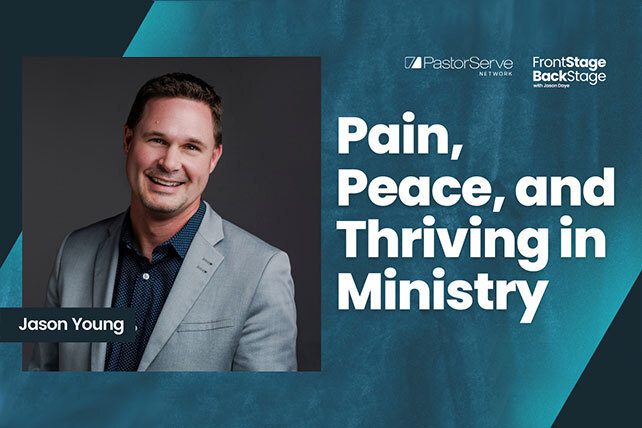
 Ministry can be exhausting. So how do our past hurts and our present peace relate to thriving in ministry for the long haul? In this week’s conversation on FrontStage BackStage, host Jason Daye is joined by Jason Young, keynote speaker, coach, and consultant who works with churches and businesses. Jason is the co-author of several ministry leadership books, including his latest, “Don’t Burn Out, Burn Bright.” Together, Jason and Jason uncover some of the often-overlooked realities of exhaustion in ministry. You’re definitely going to want to listen to what Jason says about how better understanding our past hurts can lead to flourishing in both life and ministry.
Ministry can be exhausting. So how do our past hurts and our present peace relate to thriving in ministry for the long haul? In this week’s conversation on FrontStage BackStage, host Jason Daye is joined by Jason Young, keynote speaker, coach, and consultant who works with churches and businesses. Jason is the co-author of several ministry leadership books, including his latest, “Don’t Burn Out, Burn Bright.” Together, Jason and Jason uncover some of the often-overlooked realities of exhaustion in ministry. You’re definitely going to want to listen to what Jason says about how better understanding our past hurts can lead to flourishing in both life and ministry.





